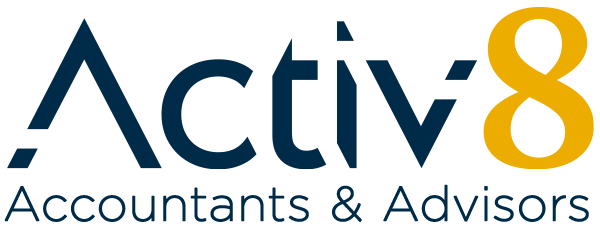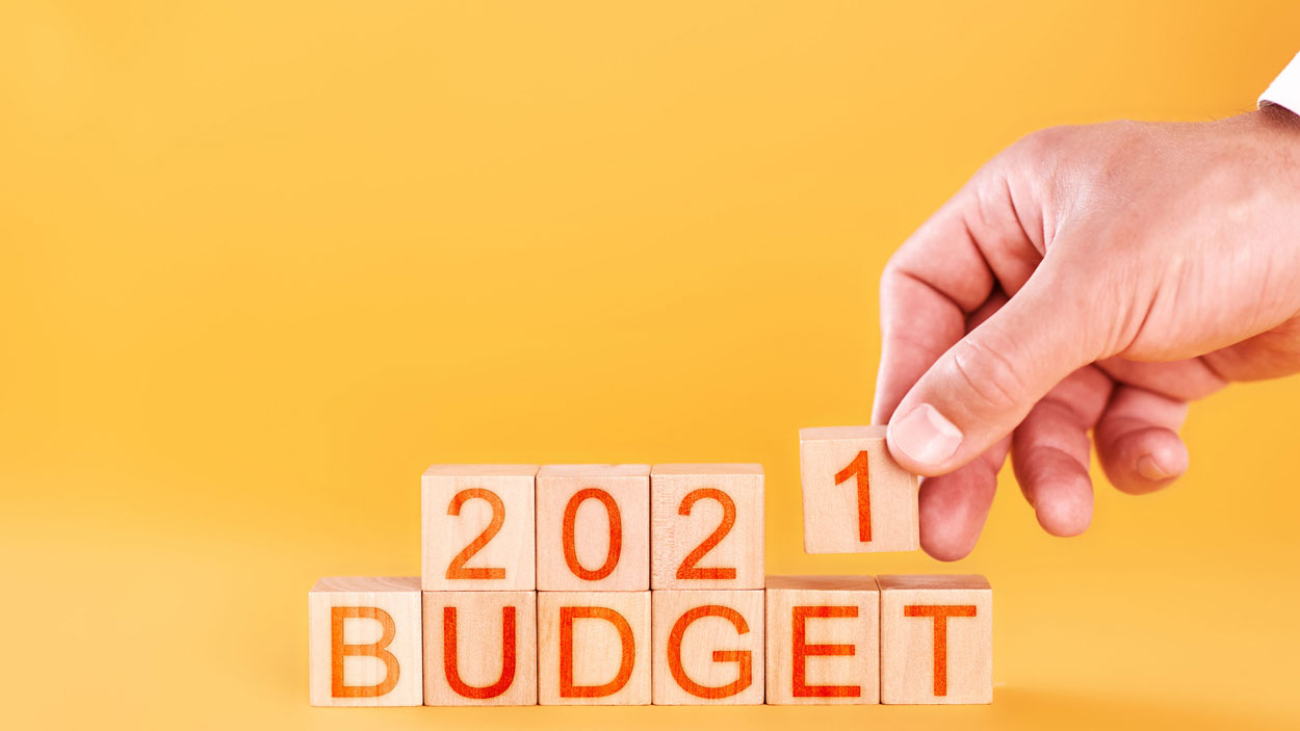The 2021 Federal Budget has been delivered, with the budget designed to keep the country out of recession through prolonged spending, with the goal to drive down unemployment.
From a pure tax perspective, it was a fairly uneventful budget.
There are a few key changes, however, and these are summarised below.
Extension of the Instant Asset Write-Off: An extension of this program out to June 2023 to allow businesses to immediately depreciate eligible assets, with no cap on the value of these assets. This not only directly benefits small businesses that invest but some of these assets will be purchased from or serviced by other small businesses.
Low & Middle Income Earner Tax Offsets Extended Another 12 Months: The low and middle-income tax offset, which was due to end on June 30, will be extended for another 12 months. The offset is worth up to $1080 as a refund for about 10 million workers earning between $48,000 and $90,000 when they file their tax returns.
Loss Carry Back: Extended to 30 June 2023. Losses incurred during the 2020 to 2023 years can be carried back to offset profits as far back as the 2019 year as a refundable tax offset.
Changes To Minimum Super Payments: From 1 July 2022, the minimum threshold of $450 ordinary earnings before superannuation is payable will be removed. This ensures casual and part time workers are not penalised with less superannuation savings.
Super Contributions Limit for over 60’s: The access age to the “super downsizing scheme” will be reduced from 65 to 60 from 1 July 2022, allowing more people to boost their superannuation with the proceeds of the sale of their home. Contributions of up to $300,000 are allowed, but the home must have been owned for at least 10 years and the money must be paid into super within 90 days of receiving cash from the sale.
Superannuation – Removal of The Work Test: Work test rules for older Australians – which restrict contributions to super unless you are working a certain number of hours – will be scrapped. This change means people who are between 67 and 74 who may have already retired, are doing volunteer work or who have more flexible work arrangements can continue to make voluntary contributions or salary sacrifice.
Self-Education Deductions – Removal Of $250 Adjustment: From 1 July 2022 the exclusion for the first $250 of deductions for self-education expenses will be removed from the first income year after Royal Assent.
Changes to Residency Rules: From 1 July 2022 they will replace the individual tax residency rules with new primary and secondary tests to determine residency.
– a primary ‘bright line’ test — under which a person who is physically present in Australia for 183 days or more in an income year will be an Australian resident for tax purposes;
– secondary tests depending on a combination of physical presence and measurable, objective criteria — for individuals who do not meet the primary test.
Tax Breaks for Aussie Patents: From 1 July 2022, companies that develop patents in Australia will receive tax reductions under an initiative to promote the manufacturing sector and innovations in the medical and biotech sectors.
Dubbed the “patent box”, the initiative will see corporate profits taxed at a concessional rate of 17 percent if the patents are developed in Australia. The scheme is expected to take effect on July 1.
Please contact Activ8 Accountants and Advisors if you have any questions about how the budget may affect you or your business.


